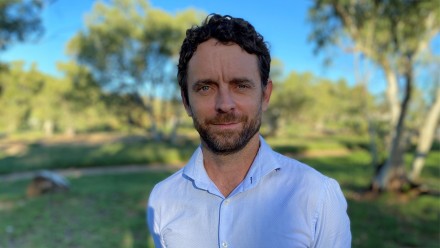Telehealth to support structured monitoring to achieve targets for glycaemia in insulin-treated type 2 diabetes (T2D) in rural primary care
Our proposal is to pilot the feasibility and acceptability of a telehealth intervention to enhance care in rural general practice for people with out-of-target Type 2 Diabetes (T2D).
Our research program builds on the UK Medical Research Council framework in developing a model of care intervention that is well matched to the setting of General Practice and to the experiences and priorities of patients. We undertook an exploratory qualitative study, leading to the development of a practice-based intervention that we pilot tested for feasibility and acceptability before undertaking a larger pilot and a cluster RCT.
We based our work on Normalisation Process Theory (NPT), a sociological theory of implementation, which describes how new practices become incorporated into routine clinical care as a result of individual and collective work. NPT suggested that our model of care intervention would need to be patient centred and include all members of the multidisciplinary diabetes team, including Endocrinologist, RN-CDE General Practitioners (GP), and generalist Practice Nurses (PNs). All of these groups are involved in the ‘work’ of insulin initiation.
Partnerships
- Professor John Furler, the University of Melbourne
- Dr Jo-Anne Manski-Nankervis, early career Primary Care Diabetes Health Services researcher and GP
- Dr Christine Walker, Director, Chronic Illness Alliance
- Ms Janet Lagstrom, Associate Investigator, Credentialed Diabetes Educator, Hume Medicare Local
- Dr Kathleen Gray, Senior Research Fellow, Health and Biomedical Informatics Centre, University of Melbourne
- Dr Irene Blackberry, Senior research Fellow, La Trobe Unviersity
- Associate Professor David O’Neal, the University of Melbourne
- Ms Liz Hare, Albury Wodonga Diabetes Support Group
- Ms Judith Scarfe and Ms Karin Willcox, Hume Department of Health and Human Services











